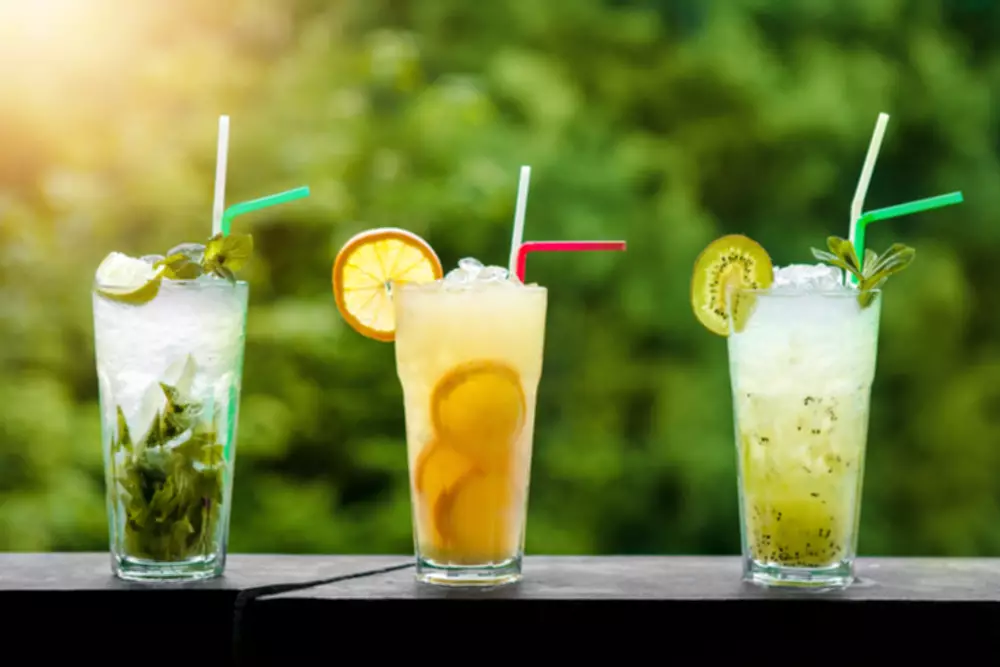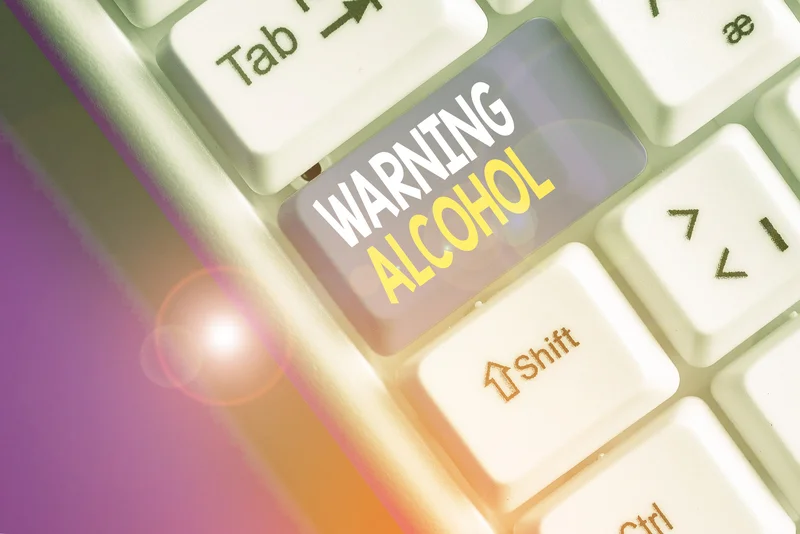
“The resveratrol studies have been done in mice, and you’d have to drink so much red wine to get the therapeutic amount — over 100 glasses! In other words, coffee may just mask the feeling of being drunk, which is still not good. “The alertness can create the perception that you aren’t as drunk or intoxicated as you actually are, and you may decide to have another drink or to drive home,” he adds. “Drinking coffee or other caffeine products after having one too many drinks can trick your brain into making you feel energized and more awake or alert,” warns Dr. https://ecosoberhouse.com/ Janesz. Using any kind of alcoholic beverage to help you sleep is always going to backfire, even if in the moment it feels like it’s helping.
- Alcohol is addictive and its effects on our brains can easily create dependence.
- Normally, your body cycles through light and deep phases of sleep.
- This website is supported by the Health Resources and Services Administration (HRSA) of the U.S.
- It can manifest as binge drinking or heavy drinking, regardless of frequency.
- But the consequences of this often include riskier behavior, greater chances of injury, and higher odds of acting on a poor impulse.
Start your health journey today
It’s common for people to have a casual relationship with alcohol. However, this attitude may contribute to many myths about alcohol and alcohol use disorder. While it may feel like coffee is bringing you back to life in many ways, you 5 myths about alcohol shouldn’t depend on it to get alcohol out of your system.
Alcohol can lower blood sugar levels.
Alcohol is a simple molecule that is rapidly absorbed into the bloodstream. So if you drink a few shorts—spirits are generally 40% ABV alcohol by volume—quickly, you’ll get a rapid increase in your blood alcohol level. The myth about coffee’s sobering powers is particularly important to debunk because the co-use of caffeine and alcohol could actually lead to poor decisions with disastrous outcomes… People who feel tired and intoxicated after consuming alcohol may be more likely to acknowledge that they are drunk. Following these changes, low alcohol consumption offered no advantage to those over 55 and grew heart disease danger by 44% for those under 55. Although moderate drinking may have positives for specific illnesses, its verified damage, especially in cancer, might exceed these advantages.
Fact 5: Consequences of Alcohol Addiction
- Older Australians are also drinking slightly more with 42% of year olds in 2017 reporting they drink weekly up from 36% in 2015.
- Mental health issues can also lead to increased alcohol use as a coping mechanism.
- Because alcohol addiction is so commonly misunderstood, family members and friends will often enable the disease by justifying the alcoholic’s actions or taking extra responsibility.
- Here are 5 myths about alcoholism that are important for all to let go of.
- Psychologically, it can lead to mental health issues such as depression, anxiety, and cognitive impairments.
Because there is no amount of alcohol that has been proven to be safe in pregnancy, it is recommended that women do not drink any alcoholic beverages at any time in their pregnancy. One of the reasons why alcohol myths persist is that they often seem to make sense on the surface. For example, when someone drinks coffee after a night of heavy drinking and suddenly feels better and more alert, it’s understandable to think that can help them sober up.

Some people think that those addicted to opioids or other substances must have engaged in drug abuse or risky behaviors in the past. If you drank alcoholic beverages the night before, the Oxford House foremost thing you must do when you wake up is drink a glass of water. You’ll undoubtedly be more comfortable, but there’s also an excellent possibility that any remaining hangover symptoms will vanish.
- The reaction will continue so long as alcohol continues to exist in the body.
- The key is moderation and giving your liver time to recover between drinking sessions.
- So if you drink a few shorts—spirits are generally 40% ABV alcohol by volume—quickly, you’ll get a rapid increase in your blood alcohol level.
- Doctors have studied what beer does to our bodies and it has been shown that it interrupts deep sleep, causes you to take up later on feeling bad and not rested.
More in Alcohol Abuse
If they weigh and drink identically, men and women respond differently to alcohol. For decades, studies indicate more young folks aren’t drinking or waiting for their first drink. The 2016 National Drug Strategy Household Survey revealed that 82% of year-olds avoided alcohol.

President Obama: G20 Summit & Leadership

If you can hold your liquor, that might indicate that you’ve developed a tolerance to alcohol, which might indicate that you’re drinking too much. Critics of moderation management note that this form of treatment may encourage denial in people with alcohol use disorder, which may delay seeking more effective treatment. A 2019 study of alcohol use in England found that people in professional managerial jobs had more occasions to drink than manual workers, casual workers, and unemployed people.

Myth 5: Alcohol Addiction Only Affects Certain Types of People
However, we ignore our senses and continue consuming alcohol because of the societal conditioning we’ve received throughout our lives. We reason that, despite its taste, alcohol must improve our lives in some way because so many people drink it. However, the unpleasant taste, in fact, makes us feel safer from addiction because we assume we can’t become addicted to something that we don’t enjoy the taste of.

It seems that the manner in which you drink carries more significance than what you drink. Enjoying a drink daily isn’t comparable to having 5 drinks on a night out then proceeding to not drinking the rest of the week. Alcohol tolerance can enable somebody to drink considerable quantities without experiencing the effects. Chronic alcohol usage creates both mental and physical tolerance. High alcohol consumption implies tolerance and physical dependency and causes organ damage. Believing in these myths can prevent individuals from seeking the help they need, prolonging suffering and increasing the risk of severe consequences.